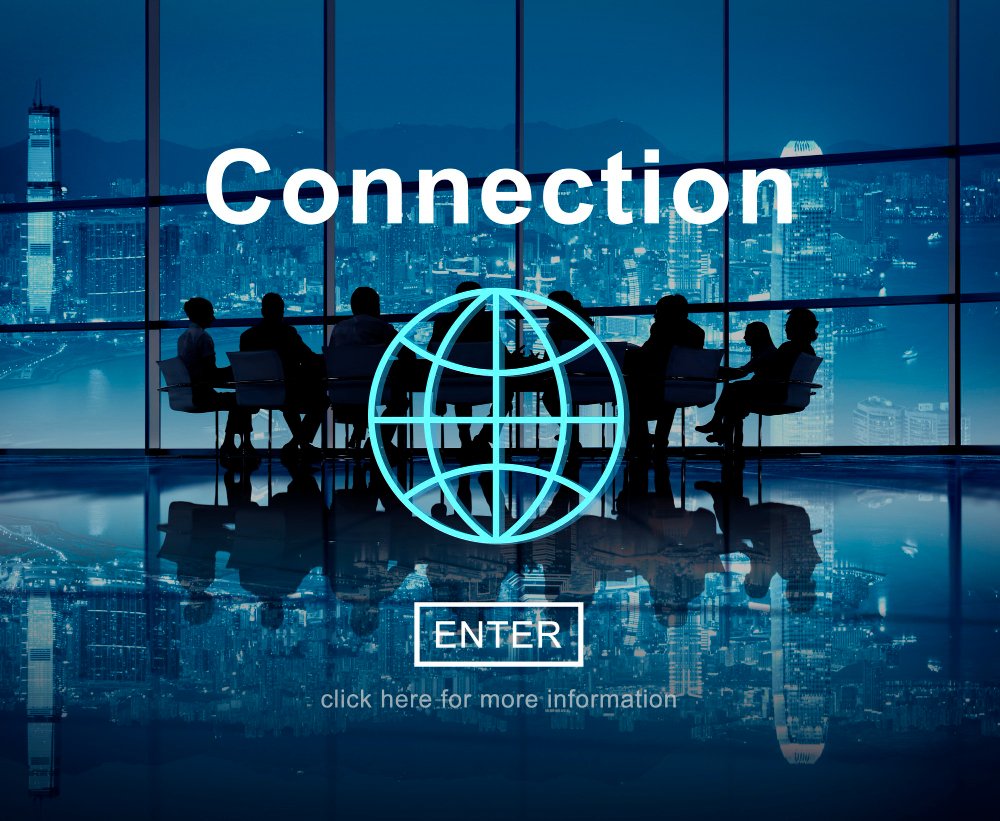The Art of Effective Communication: Building Strong Business Connections
Introduction Business :
Communication is the lifeblood of any successful business. It forms the foundation of strong relationships, enhances collaboration, and ensures clarity in conveying ideas and goals. Mastering the art of effective communication is essential for building strong business connections that can propel your organization to new heights. In this blog, we will explore key strategies and techniques to enhance your communication skills and forge meaningful connections that drive business success.
- Active Listening: Effective communication begins with active listening. Practice giving your full attention to others, focusing on understanding their perspectives, needs, and concerns. Avoid interrupting and allow ample time for them to express themselves. Demonstrate empathy and respect, which fosters a sense of trust and collaboration.
- Clear and Concise Messaging: The ability to convey your thoughts clearly and concisely is crucial in business communication. Use plain language, avoid jargon, and organize your ideas logically. Tailor your message to your audience, considering their level of knowledge and interests. Keep your communication concise, highlighting key points and ensuring that your message is easily understood.
- Nonverbal Communication: Nonverbal cues, such as facial expressions, body language, and tone of voice, play a significant role in effective communication. Be mindful of your nonverbal signals, as they can convey confidence, sincerity, and trustworthiness. Maintain eye contact, use open body language, and be aware of your tone to align your nonverbal communication with your intended message.
- Adaptability and Flexibility: Successful communication requires adaptability and flexibility. Different individuals have varying communication styles and preferences. Tailor your approach to meet the needs of others, whether it’s adjusting your communication style, using different mediums (e.g., face-to-face, email, video conference), or providing information in various formats (e.g., visual aids, written summaries). Adapting to different communication styles fosters stronger connections and ensures your message is received effectively.
Read More: The Future of Work - Feedback and Constructive Criticism: Effective communication is a two-way street. Encourage open and honest feedback from colleagues, clients, and partners. Actively seek constructive criticism and be receptive to different viewpoints. Constructive feedback helps identify areas for improvement, fosters growth, and strengthens relationships by demonstrating your willingness to listen and learn.
- Emotional Intelligence: Emotional intelligence plays a vital role in effective communication. Develop self-awareness to understand your own emotions and manage them appropriately. Practice empathy to understand the emotions and perspectives of others. By acknowledging and addressing emotions in a professional and empathetic manner, you can foster deeper connections and resolve conflicts effectively.
- Utilizing Technology: In today’s digital age, technology provides various tools for effective communication. Utilize email, instant messaging, video conferences, and collaborative platforms to facilitate clear and efficient communication. However, be mindful of the limitations of digital communication and supplement it with face-to-face interactions when necessary.
- Cultivating a Positive Communication Culture: Create a positive communication culture within your organization. Foster an environment where open dialogue, constructive feedback, and respect are valued. Encourage team members to communicate openly, share ideas, and provide input. By creating a safe and inclusive space for communication, you promote stronger connections and foster a collaborative and innovative work environment.
- Continuous Improvement: Effective communication is a skill that can always be improved. Continuously seek opportunities to develop your communication skills through training, workshops, and self-reflection. Actively incorporate feedback and learn from your experiences. As you strive for continuous improvement, you will strengthen your ability to build meaningful connections and drive success in your business endeavors.
Conclusion:
The art of effective communication is a cornerstone of building strong business connections. By actively listening, conveying clear messages, leveraging nonverbal communication.
